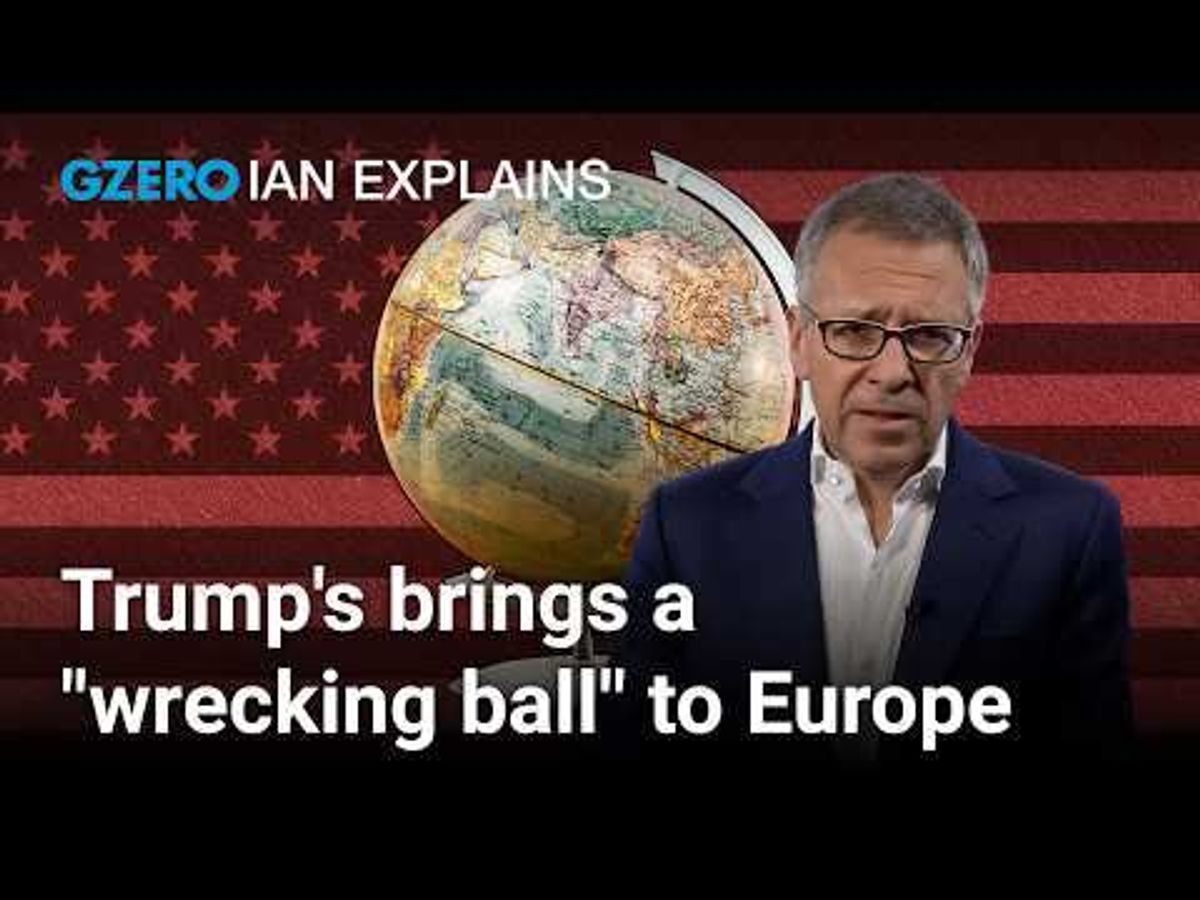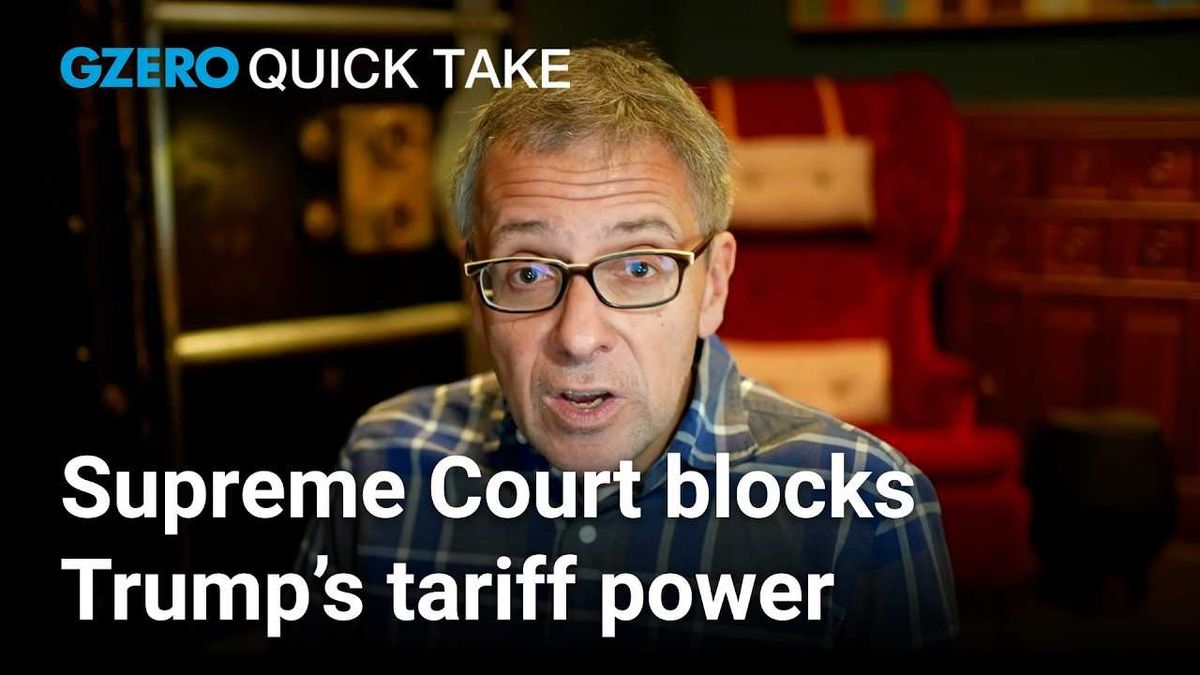What We’re Watching: Violence roils Mexico after killing of cartel leader, Cuban security forces exit Venezuela, Somalia seeks to appease US
Killing of Mexican cartel boss sparks uprisings
In a major victory for its efforts to diminish cartels, the Mexican government said Sunday that it had killed the leader of one of the country’s most powerful cartels, with intelligence support from a new US military-led task force. Nemesio Oseguera Cervantes, known as “El Mencho,” led the Jalisco New Generation Cartel, which produced and sold drugs, extorted local businesses, and terrorized Mexican citizens nationwide. Cartel operatives across the country have sought revenge, blocking roads and setting fire to buildings and cars in several of the country’s 32 states. The fear in Mexico is that the violence will metastasize into an all-out conflict between the government and the cartels, as it did following the killing and seizure of other cartel leaders in 2009 and 2019, respectively. President Claudia Sheinbaum urged citizens to remain calm.
Venezuela kicks out the Cubans
The regime of Venezuelan leader Delcy Rodríguez has reportedly begun sending home elite Cuban operatives who have formed the backbone of Caracas’s intelligence and security services for nearly 20 years. Cuba has long supplied spies, security officials, and doctors in exchange for Venezuelan oil. The move comes amid intense pressure from the US, which effectively controls Venezuela through Rodríguez after abducting and deposing her boss Nicolás Maduro in early January. Since then, the US has sought to break the region’s most robust leftwing alliance.The Trump administration has already cut Venezuelan oil to Cuba, aiming to strangle the communist government there into making a “deal” with Washington. At home, Rodríguez’s move effectively removes the brain stem of Venezuela’s counterintelligence apparatus, which was long used to crush dissent. Whether it presages a wider liberalization remains to be seen. For more analysis on what the Trump administration wants from Cuba, read here.Somalia counters Somaliland’s pitch to the US
Somalia has offered to renew a 1980 agreement granting the US military access to its ports and airports, countering a similar bid from the breakaway region of Somaliland. It comes as Somaliland – an autonomous region that declared independence in 1991 – is hoping to win US recognition, after Israel became the first country to do so last year. Somalia sees Somaliland as part of its territory, and said any security cooperation with the US must go through the federal government, casting Somaliland’s offer of base access and mineral rights as legally invalid. The US has a history of involvement in Somalia, focused largely on counterterrorism operations against al-Shabaab insurgents and Islamic State militants. However, the Horn of Africa nation has drawn increased military interest from powers including Turkey, Egypt, and Saudi Arabia due to its gateway to the Red Sea and proximity to shipping lanes Houthi rebels continue to threaten.






